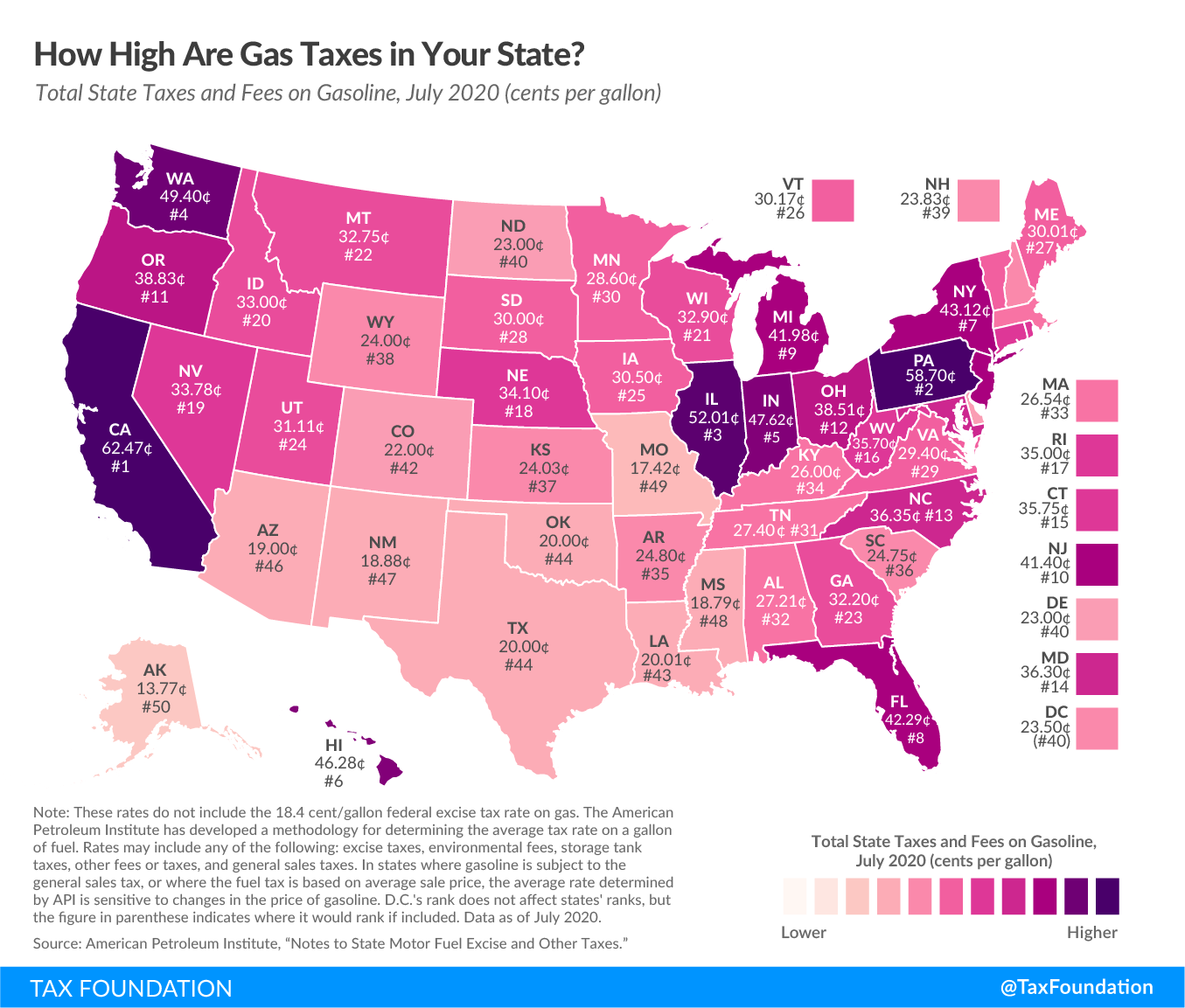
2018 Federal Capital Gain Rates for Taxpayers Your overall income level determines which capital gain rates will apply. To elaborate, there are actually three capital gain rates, namely 0%, 15%, and 20%.

Let’s look at a simple example: if you purchase a stock for $10,000, hold it for at least one year and later sell it for $15,000, the resulting gain of $5,000 is taxed at 15%.Īs we all know, income taxes are never simple and the new capital gain laws are no different. Examples of capital assets are stocks, bonds, mutual funds and real estate property. One of the most significant benefits of the new tax law was the creation of a permanent 15% federal long-term capital gain rate (for certain taxpayers) on the sale of capital assets (held for more than one year).

The Act defines new opportunities for retirees and investors with investment income to reduce their taxable income, but there were also important changes to capital gains tax rates that investors of all income tax brackets should be aware of. The American Taxpayer Relief Act of 2012 (HR 8) was signed into law on January 2, 2013. “If high earners leave - and they will to avoid the tax hike as well as the headache of having to annually appraise everything they own, anywhere in the world - the taxpayers left in California will be asked to pay more.This post was last updated on February 1, 2018

President Robert Gutierrez said in a statement. “The new-and-not-improved proposal will prompt more wealthy Californians to pack their bags and move - a bad idea considering they represent a major portion of our tax base,” California Taxpayers Assn. Tesla Chief Executive Elon Musk last year moved the company headquarters from Palo Alto to Texas, where taxes are much lower.Ī report by the nonpartisan California Policy Lab found that there’s “little evidence that wealthy Californians are leaving en masse,” but the threat of such a loss remains. quickly opposed the new legislation on Thursday, saying that it would cause top earners to move away and would have a negative impact on state revenue. “It’s time we took care of each other, and not just watch billionaires fly into space.” “California billionaires have increased their wealth astronomically since the beginning of the pandemic, while regular working families have struggled to pay their bills,” CFT President Jeff Freitas said in a statement. “We want the obscenely ultra rich to be paying their fair share.”Ĭalifornia’s wealth gap is no secret: The state is home to the largest share of the country’s billionaires and also the highest poverty rate.Ĭalifornians voted to increase taxes on those earning more than $250,000 a year in 2012 and extended that increase in 2016, but despite a Democratic supermajority in the Legislature, a wealth tax like Lee’s has faced criticism.īut supporters of AB 2289, including the California Federation of Teachers, say that’s not enough. “There’s a whole other category of wealth where you just own things and can leverage more wealth out of your existing wealth and we’ve seen how that can be evaded,” Lee said in an interview Thursday. Lee pointed to reports of some of the richest people in the world avoiding income taxes as the reasoning behind the approach. Lee’s legislation would not constitute an income tax, but a tax on assets and “all wealth” whether it has “been realized as income or not,” he said. The proposal requires voter approval of a constitutional amendment because it would exceed the state’s tax rate limits of 0.4%. The bill, which would go into effect next year for billionaires and in 2025 for eligible millionaires, would go to the voters for approval in 2022 if it passes the Legislature. The proposal is projected to bring in more than $22 billion a year in state revenue, according to an analysis by professors at UC Berkeley and UC Davis. The proposal would apply a 1% tax on those with a net worth of at least $50 million and a 1.5% tax on those worth more than $1 billion. The new bill by Assembly Member Alex Lee (D-San Jose) reintroduces a proposed tax hike for the state’s richest residents, potentially affecting about 15,000 Californians, or 0.07% of taxpayers. A handful of Democrats in the state Legislature are pushing again for a tax on “extreme wealth” in California, a move they say could bring the state billions in revenue by raising taxes on households worth $50 million.īut if last year is any indication, the legislation faces an uphill battle.


 0 kommentar(er)
0 kommentar(er)
